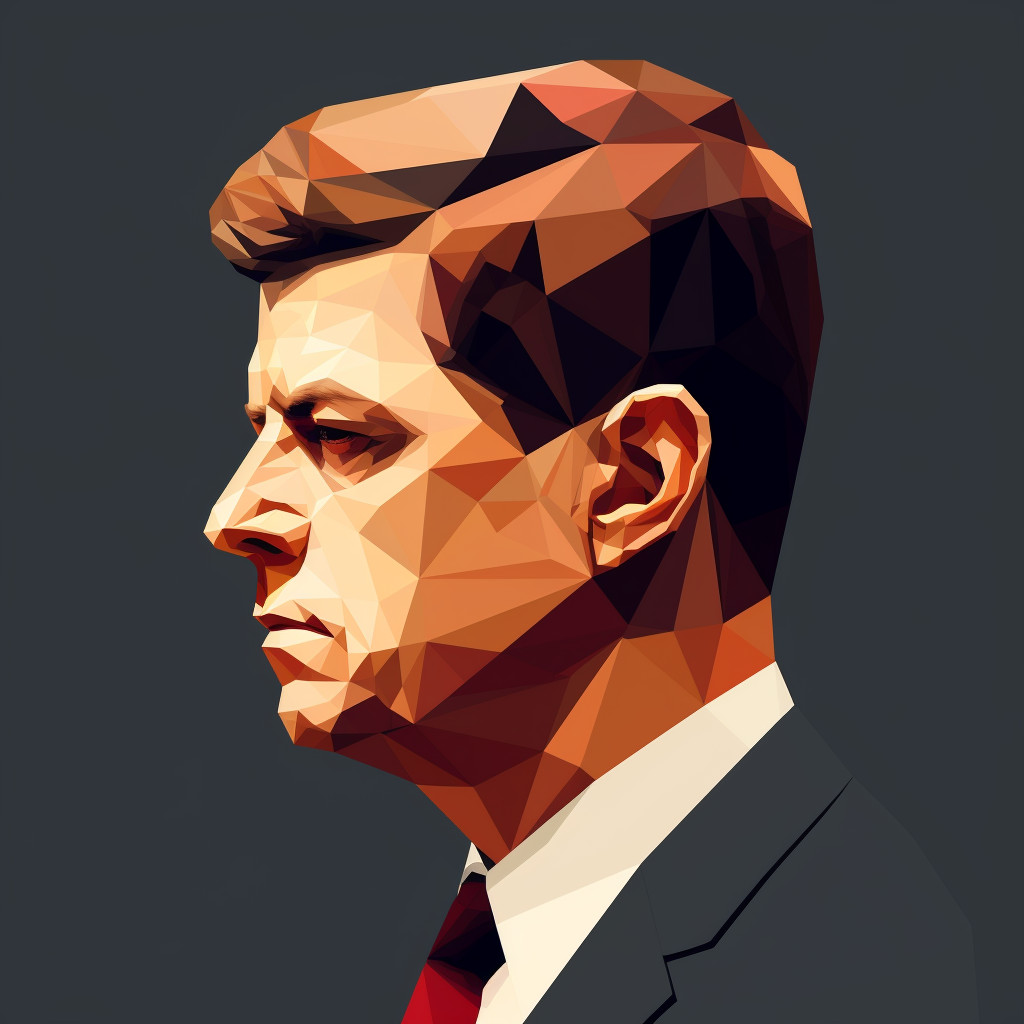This quote suggests that when peaceful means of change and progress are blocked or ignored, it leads to an environment where violent means become the only option. It highlights the importance of listening to and addressing grievances in a peaceful manner, to avoid creating conditions that could lead to violent upheaval.
The quote can be interpreted on many levels, ranging from societal to personal. On the societal level, it suggests that governments and institutions should be open to change and responsive to the needs of the people. If peaceful protests, negotiations, or reforms are not allowed or are ineffective, it could lead to violent revolutions as people may feel they have no other option to bring about the desired change.
On a personal level, it can be seen as a call to be open to change and growth. If an individual, for example, refuses to acknowledge and address their personal issues in a peaceful and constructive manner, it could lead to internal turmoil or destructive behavior.
In today’s world, this idea is especially relevant. We live in a time of rapid change and upheaval, with many pressing issues such as social inequality, climate change, and political polarization. If peaceful means of addressing these issues are not found, it could lead to increased conflict and violence.
For personal development, it underscores the importance of self-reflection and openness to change. Ignoring personal issues or refusing to change harmful behaviors can lead to internal conflict, stress, and potentially destructive outcomes. Therefore, it’s essential to address personal issues and strive for growth in a peaceful and constructive manner.







